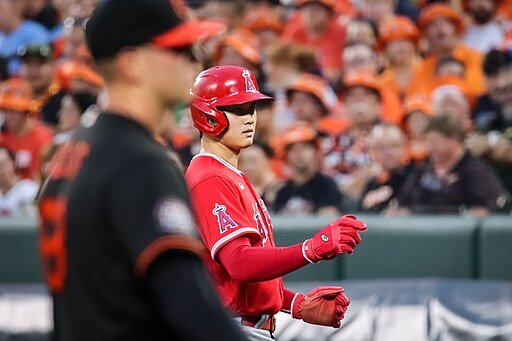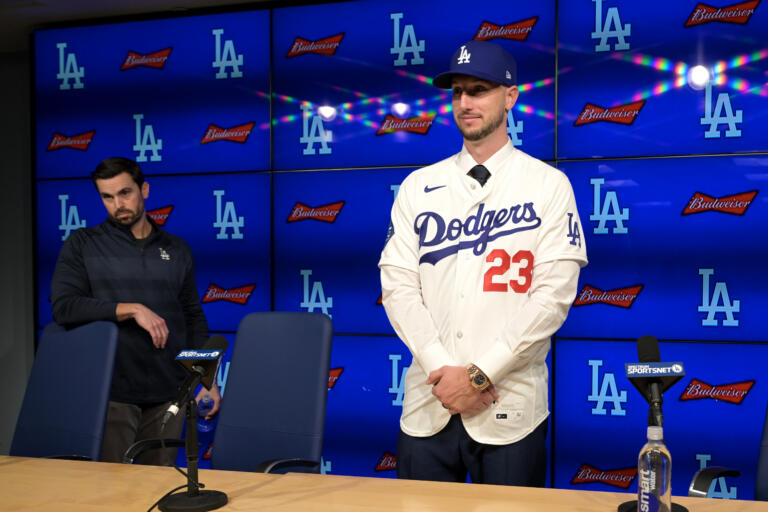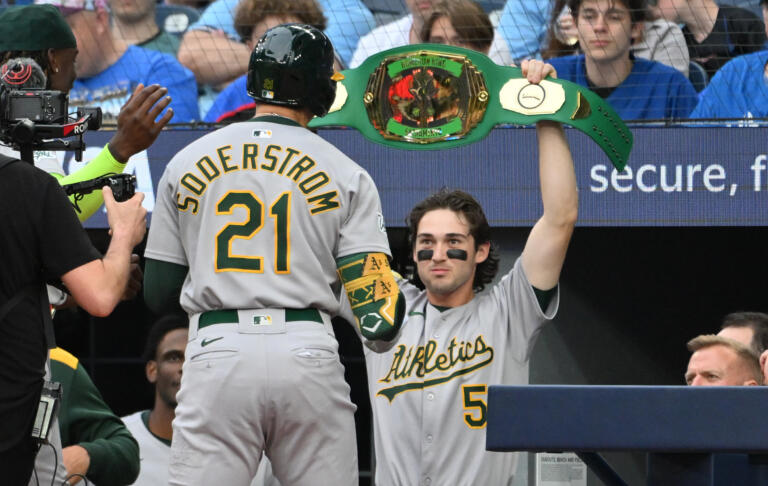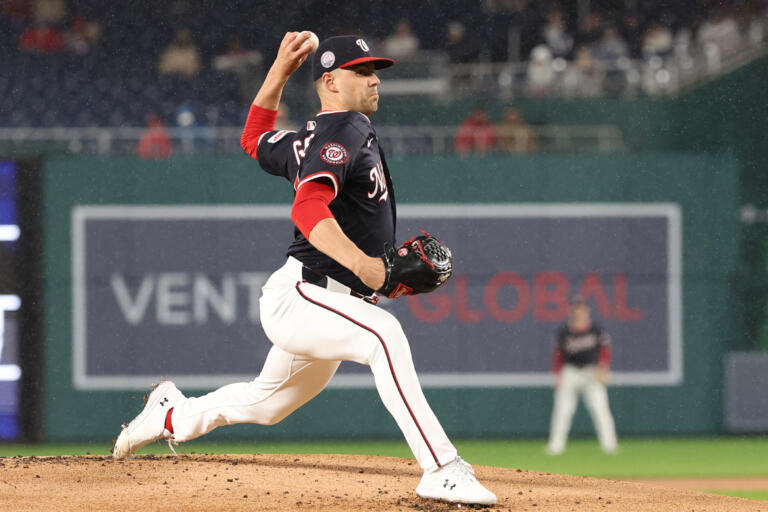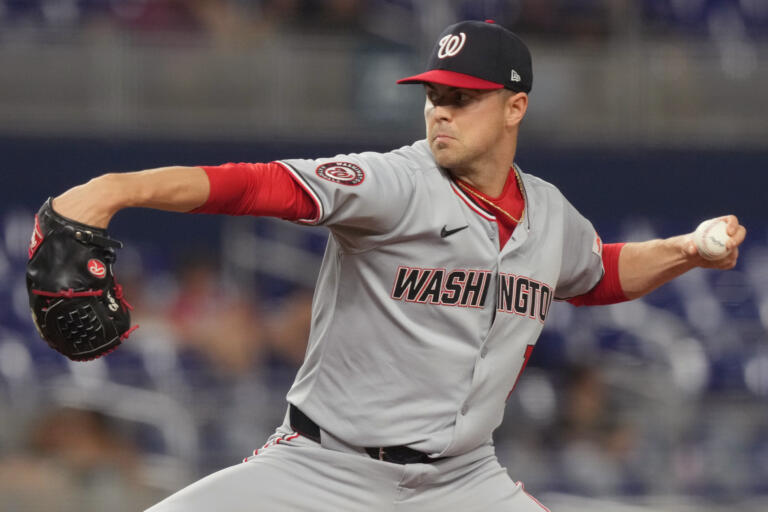Have you ever wondered how a trailblazing sports contract can redefine an athlete’s career and a team’s future? Shohei Ohtani’s recent $700 million deal with the Los Angeles Dodgers does exactly that, with its unprecedented structure of deferred payments. This contract not only lands him the largest deal in MLB history but also illustrates a unique approach to player compensation and team strategy.
The decision by Ohtani to accept a substantial portion of his compensation in deferred payments is akin to a strategic gambit in a high-stakes game of chess. Receiving just $2 million per year during the contract term, with the bulk deferred, allows the Dodgers to invest more in their current payroll. This approach is a win-win; it helps the team remain competitive in the pursuit of World Series titles while securing Ohtani’s financial future.
The arrangement raises a compelling question: Did Ohtani make the right choice? On one hand, this deal reflects a new level of financial security and trust in the organization. It’s like a skilled artist entering a long-term partnership with a gallery, trusting in the mutual benefits over time. On the other hand, it’s a significant departure from the norm in sports contracts, where immediate financial gain is often the priority.
Furthermore, the contract includes a unique opt-out clause tied to the tenure of key Dodgers personnel. This “key-man” clause, relatively rare in sports, adds a layer of security for Ohtani, ensuring that the organizational environment he values remains consistent. It reflects Ohtani’s desire for stability and alignment with the team’s leadership.
In conclusion, Shohei Ohtani’s contract with the Dodgers is more than just a record-breaking deal; it’s a testament to innovative thinking in sports management. Whether this approach sets a new trend in sports contracts remains to be seen, but it certainly opens up discussions about athlete compensation, team investment strategies, and the evolving dynamics of sports contracts. As we reflect on this landmark deal, we’re left pondering the balance between immediate rewards and long-term benefits, both for athletes and sports franchises.


